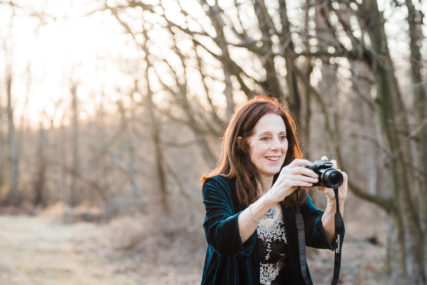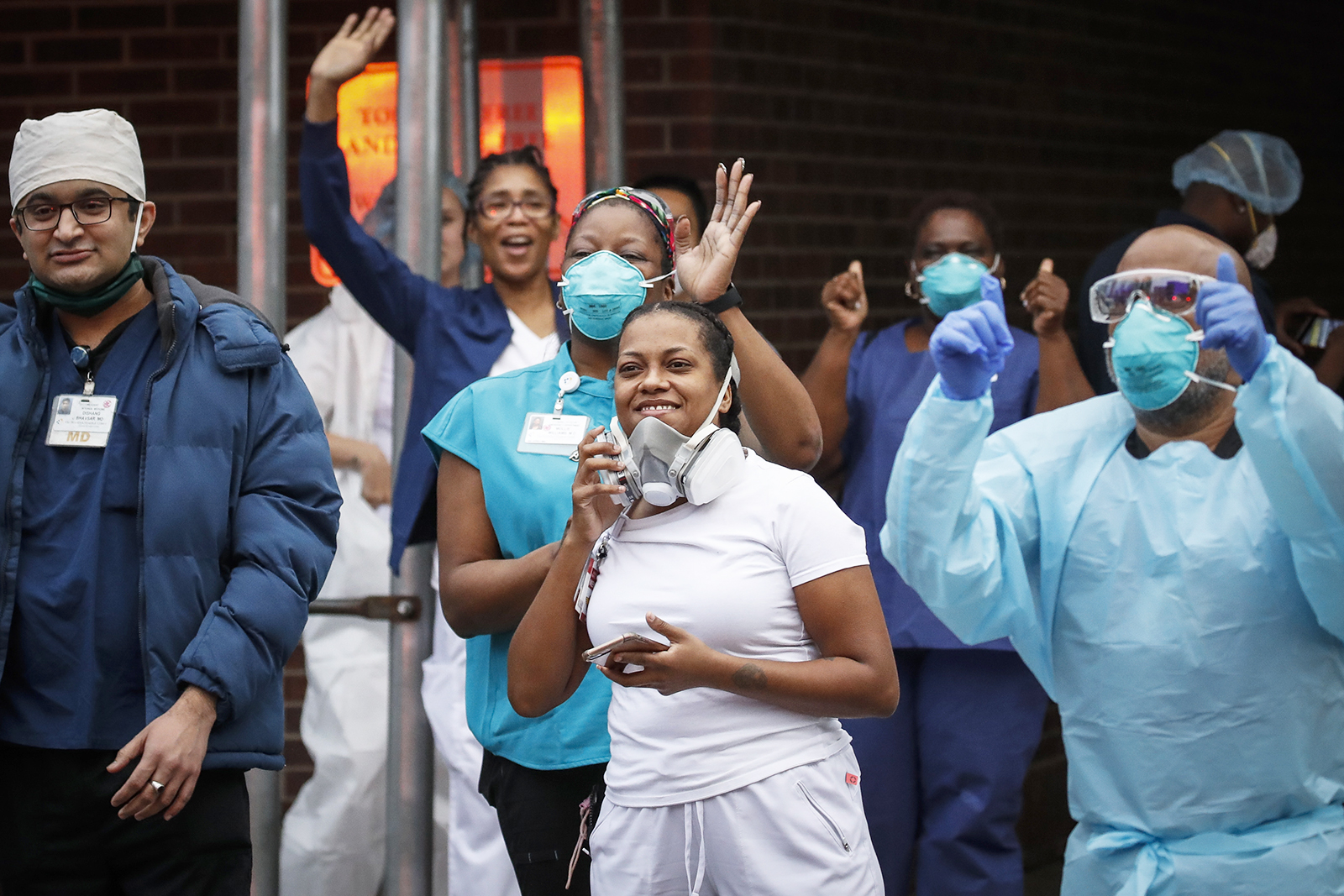
Guest columnist Elizabeth Eisenstadt Evans. Courtesy photo
A guest column by Elizabeth Eisenstadt Evans
(RNS) — Don’t you want to know how it ends?
As someone prone to sneak a look at the end of a book when I first pick it up, I sure do.
Like you, perhaps, I am also eager, yearning, for this agony to cease: for people to stop dying, for families to be able to feed their children, for a time when you won’t worry your best friend may carry a silent killer to your coffee date.
We want this zombie-like virus to have counted for something bigger than all of us. People of faith have a chance, and a challenge, to raise their voices and call for a return to the values that bring us together, instead of tearing us apart.
The sheer magnitude of this crisis has forced some of us in worshipping communities to look squarely at existential questions of purpose, meaning, grief, anger and even love — questions we can usually dodge.
We know that trust in religious institutions is declining (along with trust in practically every other institution), so this may be a moment of truth. Do we have the will to lead (or even to follow) the way in healing our sick culture?
Perhaps it’s not surprising that the virus has exposed a lot of ugliness, such as racial inequality, toxic injustice and partisanship.
But America’s faith traditions proclaim something antithetical to the self-interested, dog-eat-dog ethos that has brought us to this place. Our plight is as much spiritual as it is medical, and if we don’t have voices to speak and hands to help, maybe we shouldn’t be in the spirituality business to begin with.
But if we call upon compassion, cooperation and yes, confidence, this could be our shining moment, or at least a moment to rebuild.
Americans have already seen compassion modeled in our first responders. Medical personnel, grocery store workers, bus drivers and other “essential” employees are risking and sometimes losing their lives for us.
Their example can spur us to be active advocates for those without privilege: undocumented immigrants, the disabled, the homeless, victims of discrimination and persecution. Though the virus doesn’t discriminate, we do — and compassion teaches us to recognize the full humanity of the ignored and marginalized among us.

Medical workers cheer and acknowledge pedestrians and FDNY firefighters who gathered to applaud them at 7 p.m. outside Brooklyn Hospital Center, Tuesday, April 14, 2020, in New York. (AP Photo/John Minchillo)
Those of us who believe in a connection to a higher power and purpose in the universe are also asked to practice compassion for other living beings with whom we share the earth. If indeed this horror show began with a virus that mutated from an abused or dead animal in one of the world’s notorious “wet markets,” it is a sign of our frightening inability to protect the God-given richness, diversity and wonders of a world in which the welfare of one species depends on that of another. That’s as true for those of us who participate by extension in the pathological cruelty of factory-farmed cows, pigs and chickens as it is for buyers at a Wuhan wet market.
The 19th-century Jesuit poet Gerard Manley Hopkins began a poem with these words: “The world is charged with the grandeur of God.” Grief, I have found as I walk the burgeoning woodlands and by the gushing streams of our lovely countryside, lends an edge to wonder.
Cooperation between religious groups is the twin sister of shared compassion. In a pluralistic culture, a claim to sovereignty over truth is one we simply can’t afford right now. Not that we should surrender the particularity of our beliefs: far from it. Instead, we need to find ways to harness them for action, reaching the cynical and isolated as well as the families and individuals who show up in our temples, churches and mosques on holy days.
Some ways to get started might include planting a community garden or inviting other local congregations to grow produce on yours. Co-sponsor a food cupboard. (Sadly, the need for this will only grow). When social distancing requirements have eased, get your prominent worshippers together to leverage their power for social change, while listening to the voices of the powerless in your pews. Cultivate casual social get-togethers over food. In general, work to break down silos, and then do it again.
Finally, we are called to be confident, assured that we have something meaningful to offer at a moment when so much seems in doubt. That’s not going to be easy. Religious institutions, already struggling with declines in attendance, are finding that empty pews may mean significantly less revenue. In a nation that needs to hear about a God of mercy, justice and hope, there may be fewer voices to engage our culture with persistence and passion.
Yet there are also many among us, just outside our doors, who are searching for guidance, encouragement and leadership, for a place to belong. From the Black Death to the Civil War to the cataclysms of the 20th century, people of faith, if not religious institutions, have been at their best when they dared to become what they professed to believe.
If this disaster has showed us anything it has demonstrated that our fates are intertwined — we are nothing without each other.
How will it end? Perhaps that’s not the right question.
Let’s ask, instead: Where do we, can we, begin?
(Elizabeth Eisenstadt Evans is a freelance religion beat writer living in southeastern Pennsylvania. Her work has appeared in many media outlets. The views expressed in this commentary do not necessarily reflect those of Religion News Service.)





